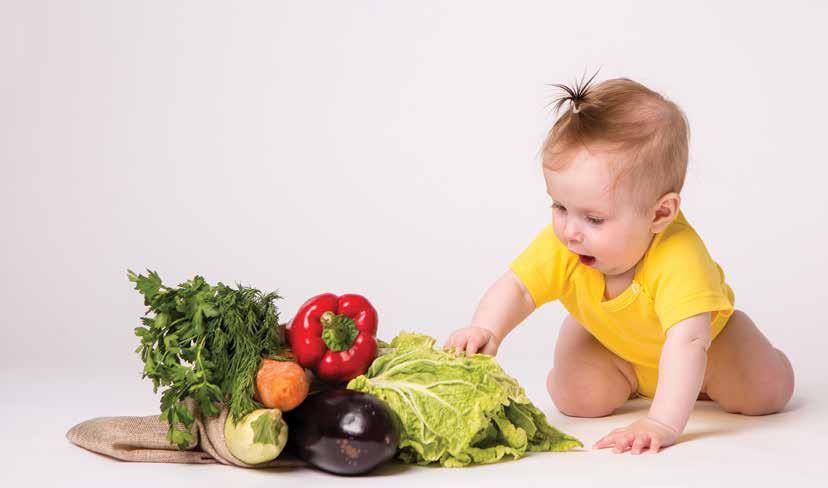health briefs
Life After Lockdown
At some point in the near future, self-isolation will end and most of us will return to offices, shops, universities, restaurants and churches. While things may never quite return to normal, we will return to “a new normal”, and have some emotional work to do upon re-entering the world of closeness to coworkers and reconnecting with friends, neighbors and family. Some of us will still not feel completely safe, even with the vaccine, yet must return to support our families. Living with daily uncertainty, isolation, financial insecurity, job loss and for some, the death of friends and loved ones, all add up to major trauma. Elaine Millar-Karas, of The Trauma Resource Institute, describes this as “ …simply too much or too little for too long.” Like the virus, the consequences of our exposure to this trauma will not simply disappear. The experience will linger in our memories, daydreams and nightmares. We can start to move on by adopting coping strategies suggested by a recent study in American Psychologist. These include active coping, positive reframing, a social support system, religion and self-care.
Avoid Coffee When Pregnant to Safeguard Brain Development A mother’s coffee drinking during pregnancy can change important pathways in an infant’s developing brain, raising the risk of behavioral issues, attention difficulty and hyperactivity years later, say researchers at the University of Rochester, in New York. Analyzing thousands of brain scans of 9- and 10-yearolds, researchers found clear changes in how white matter tracks, which form connections between brain regions, were organized in children whose mothers
n Active coping is simply solving problems, seeking information or social support, seeking help and even changing our environment. n Positive reframing occurs when someone turns a negative into a positive or finds the best in a given situation. n Having a healthy social support system is key to having a long and healthy life. Human contact is essential, but with self-distancing during the COVID-19 pandemic, distress and social withdrawal may persist. Some people may find solace in church. n Self-care makes our use of time more sustainable. Healthy eating, rest and regular exercise provide the stamina to withstand threats to our survival. But self-care is also about taking care of things at the source, rather than just sugarcoating or managing the symptoms. n Maintain a healthy distance from coronavirus news. Don’t become paralyzed by "panic porn". Limit checking news stories to once a day. Turn off automatic news notifications on a smartphone. Trust that if there is an important development, we will hear about it quickly. n Take time to reflect. Meditation, self-hypnosis and yoga can literally provide balance. Maintaining past habits and developing new ones are a recipe for success in turbulent times. Schedule a 10-or-15-minute personal “appointment” for a hobby, a hot bath, yoga, a facial, reading, contemplating nature or meditation.
Source: Conrad Welsing is a professional hypnotic consultant and life coach based in Ann Arbor. For more information, visit ConNextText.com. See ad page 37.
reported consuming caffeine while pregnant. “These are sort of small effects and it’s not causing horrendous psychiatric conditions, but it is causing minimal, but noticeable behavioral issues that should make us consider long-term effects of caffeine intake during pregnancy,” says John Foxe, Ph.D., principal investigator of the university’s Adolescent Brain Cognitive Development study. Previous studies have found that a fetus does not have enough of the enzyme necessary to break down caffeine when it crosses the placenta. May 2021
13






